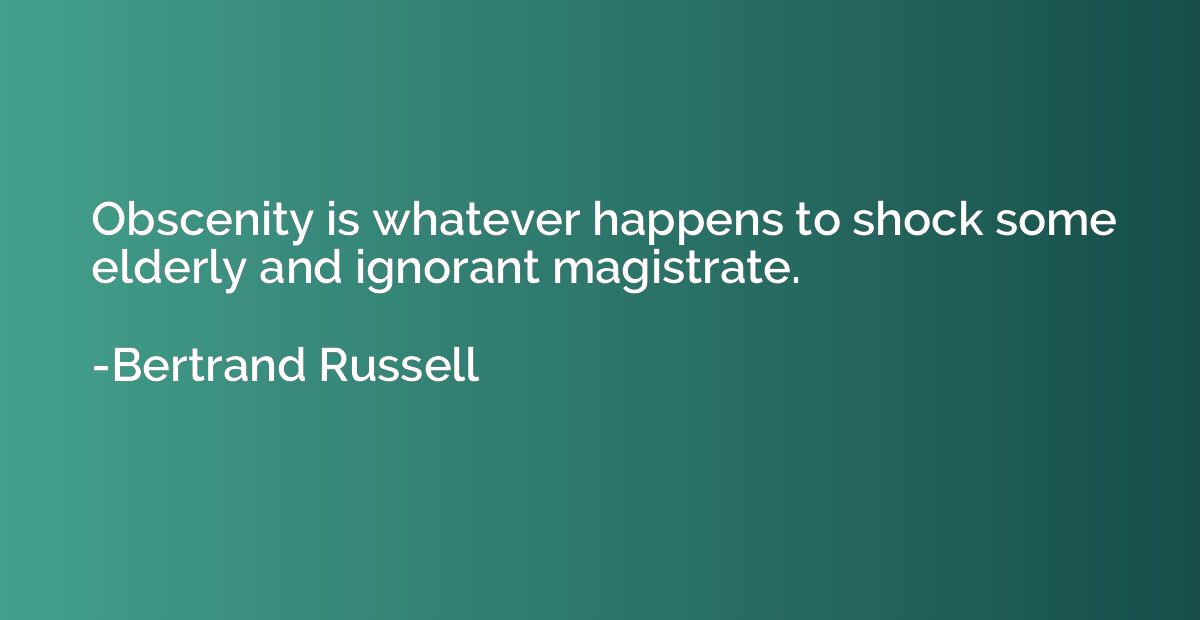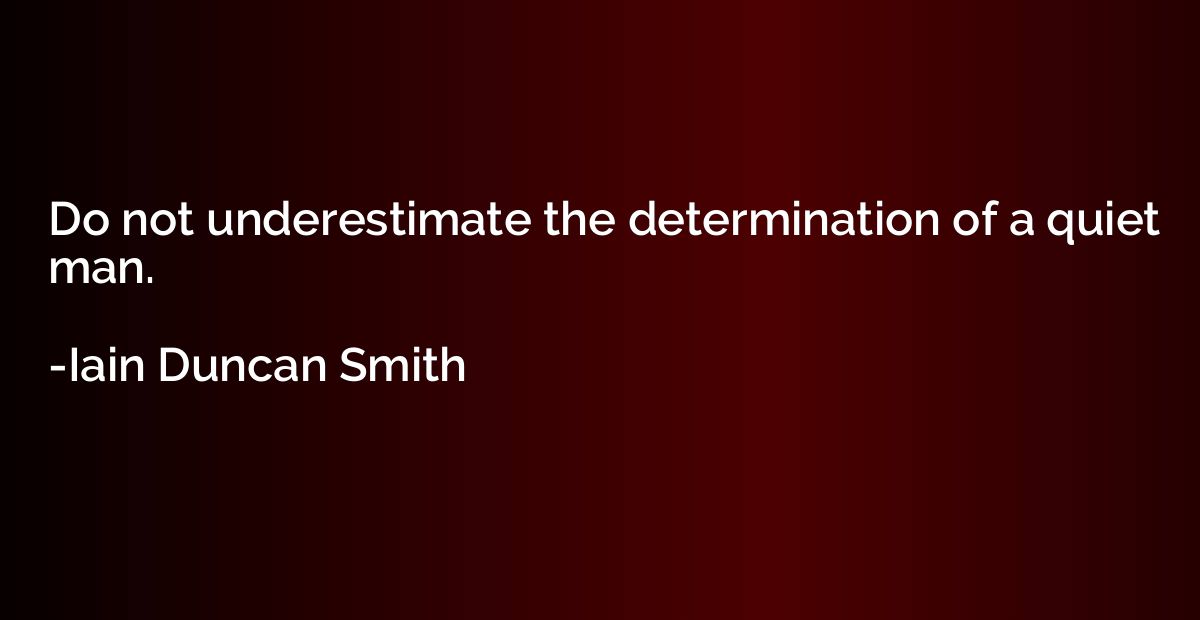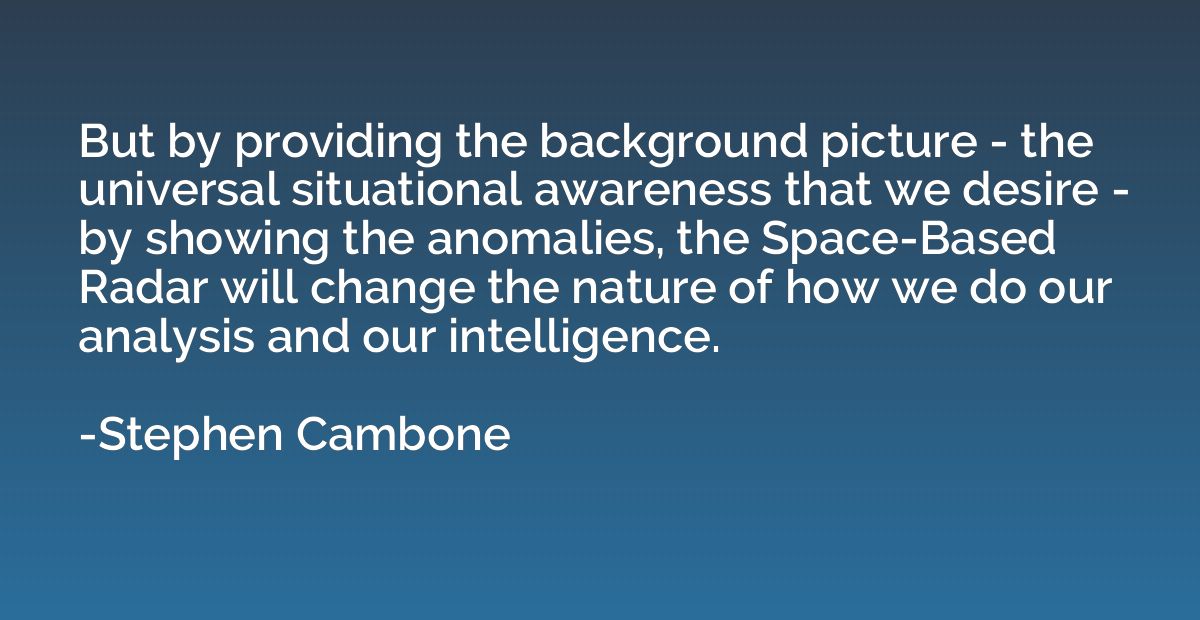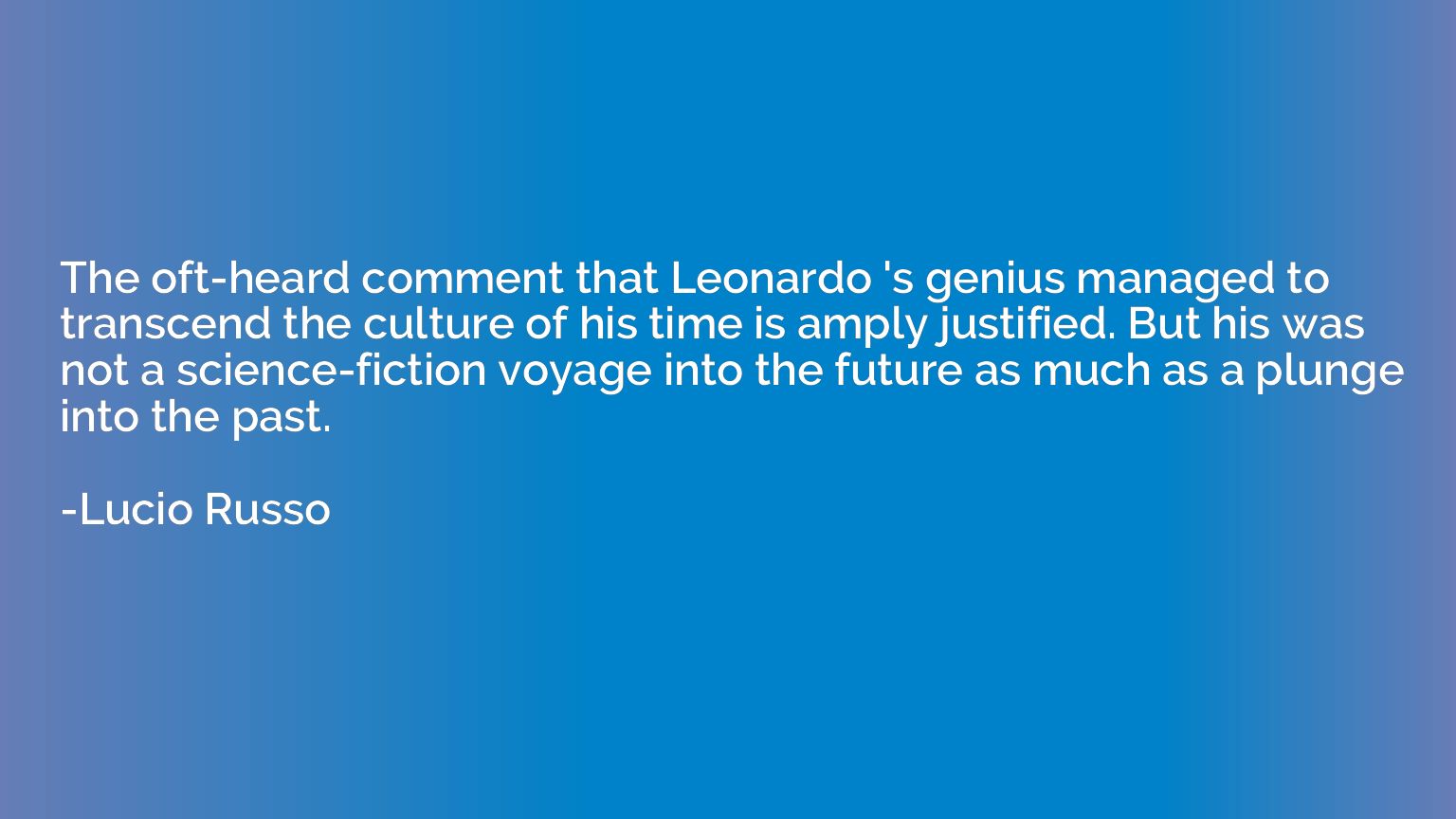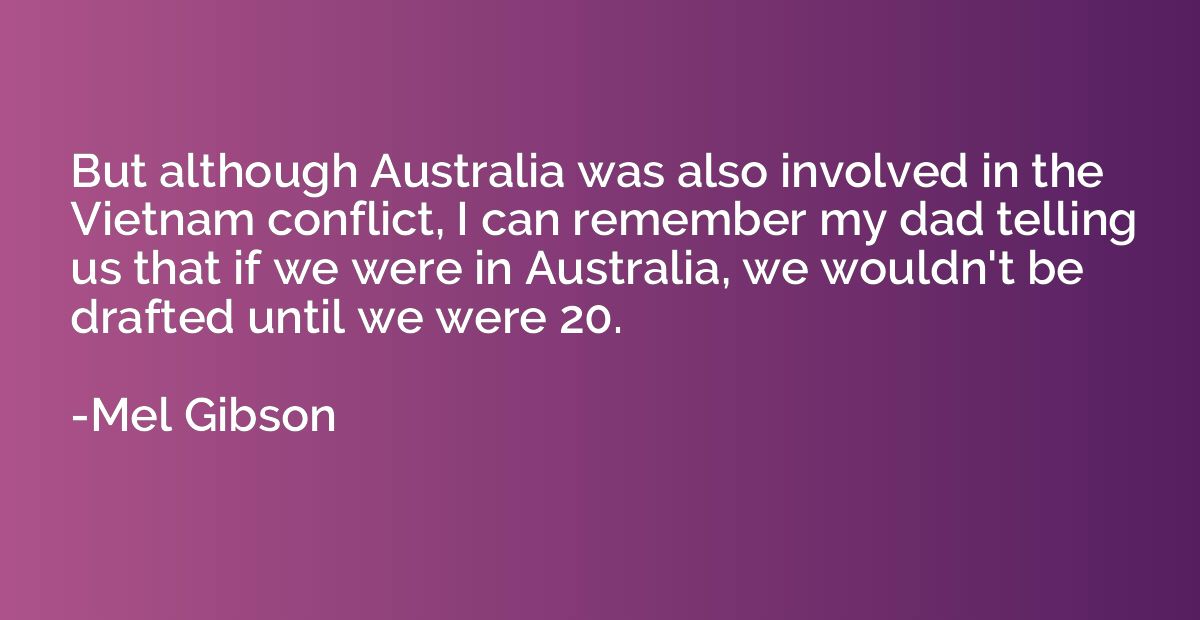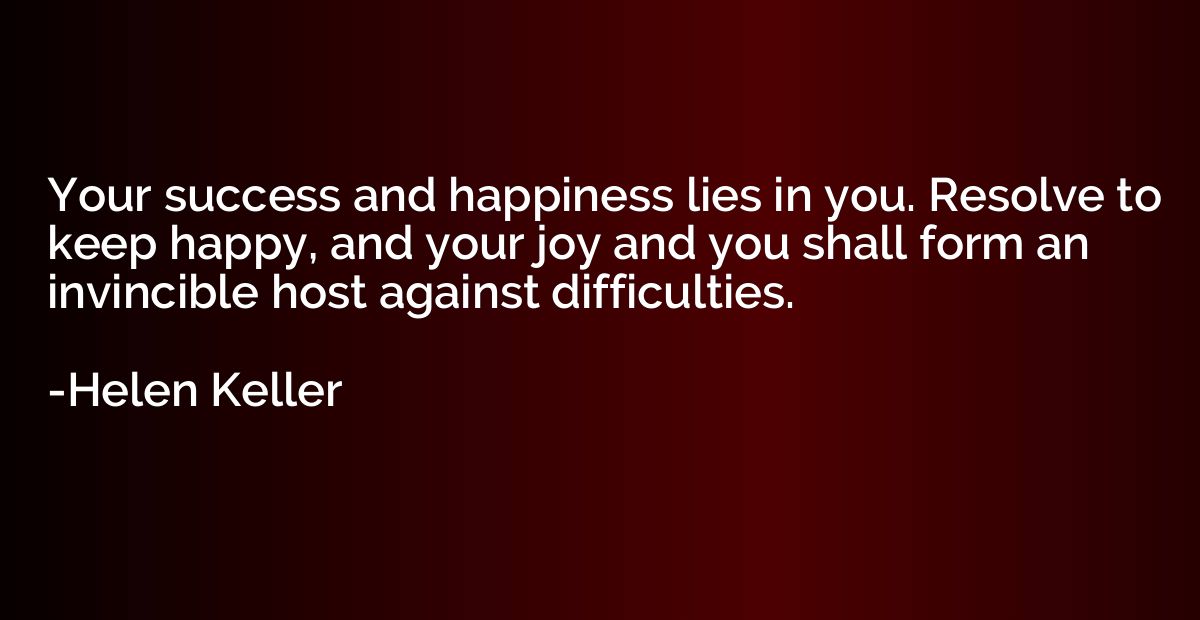Quote by Marcus Tullius Cicero
Advice in old age is foolish; for what can be more absurd than to increase our provisions for the road the nearer we approach to our journey's end.
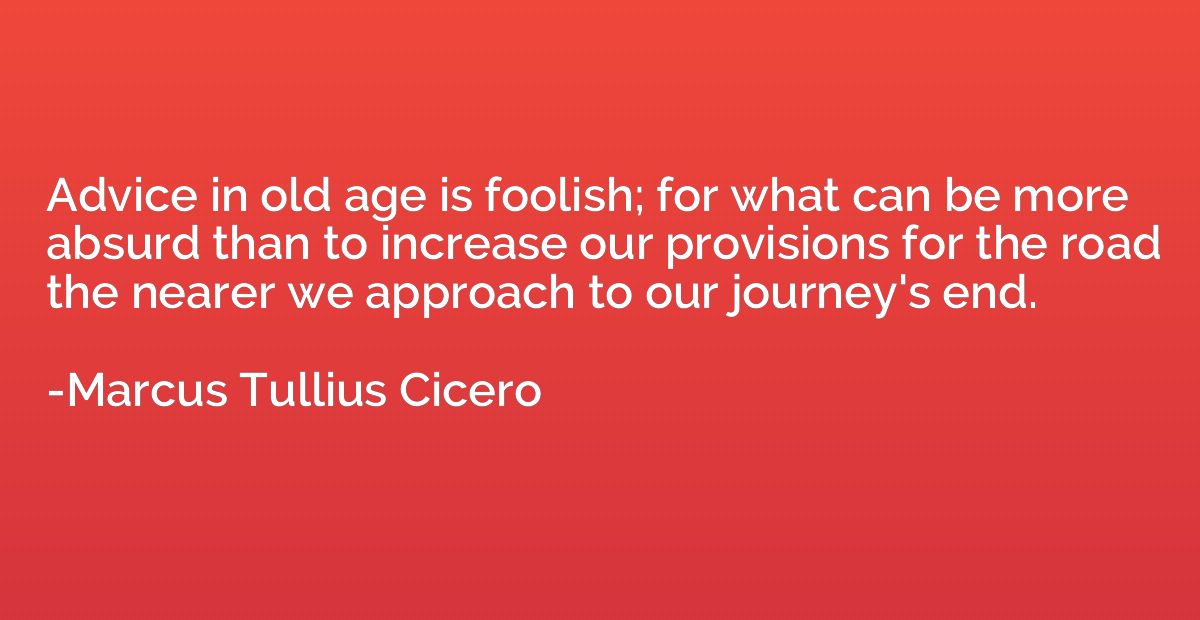
Summary
This quote suggests that seeking advice or making extensive preparations in old age is futile and foolish. The analogy used implies that as we near the end of our lives (the "journey's end"), it would be irrational to accumulate more provisions or resources for the remaining time. It implies that the wiser approach would be to make the most of what we have and live in the present, rather than obsessing over meticulous planning or seeking unnecessary guidance that may not be relevant anymore.



